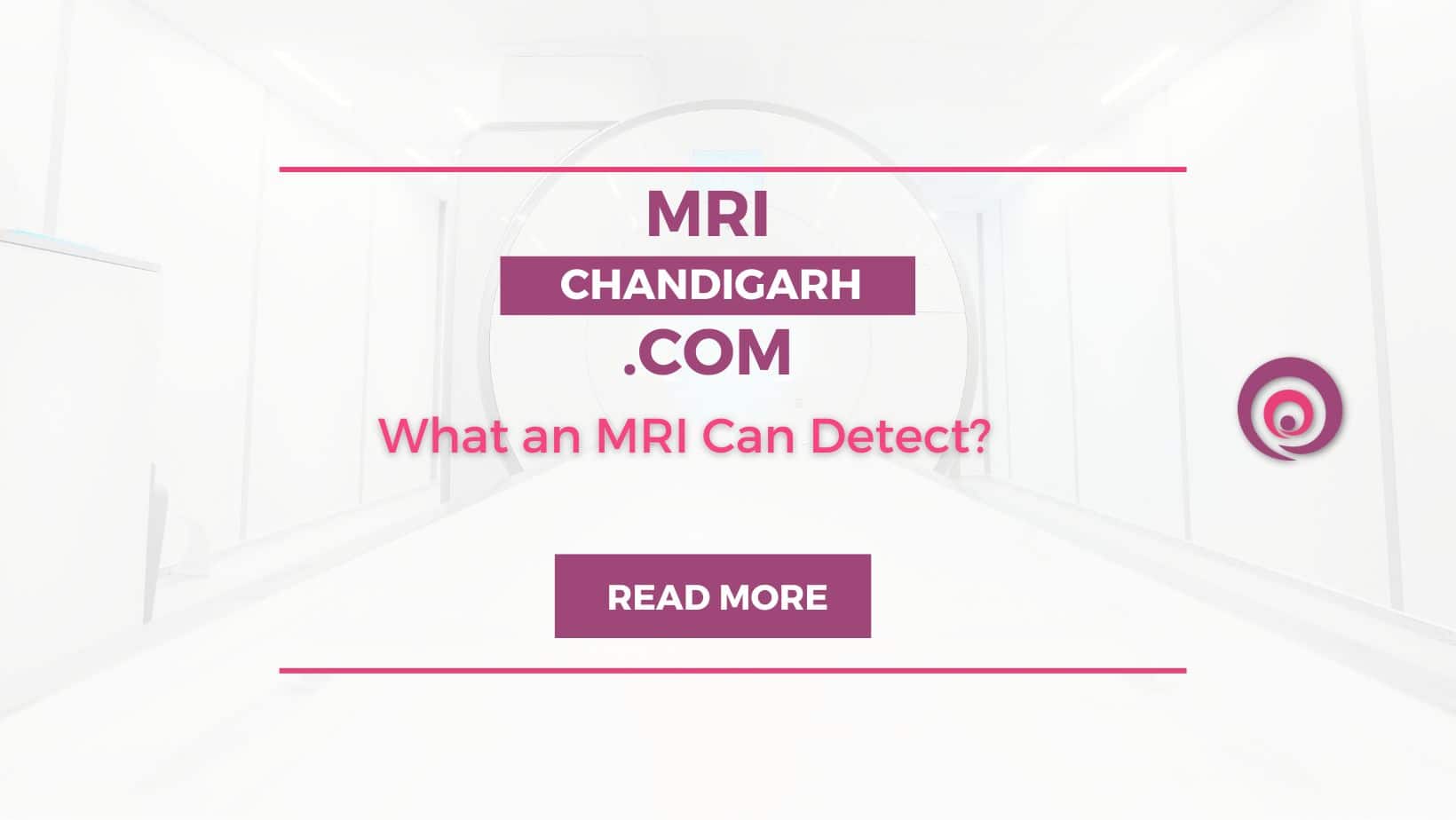Take Note: What can an MRI scan Detect?
Magnetic Resonance Imaging Test, or shortly, MRI Test, is an advanced diagnostic technique where magnetic fields & radio waves lay used to generate accurate images of your internal body structures & functions.
It is a non-invasive procedure involving no radiation and no further risk or complications! MRI scan stands are conducted on an outpatient basis. It requires around 15 to 45 minutes on average & can even be as long as 90 minutes, depending on the image quality & area of assessment.
In other words,
An MRI does not involve any pain; it’s safe and can be pursued amidst your rigid work schedule.
However,
Two major problems exist – The MRI scan is too noisy, and you may feel suffocated inside the semi-enclosed tube, especially if you have claustrophobic tendencies.
Yet again,
It is too costly, I must say! The cost is certainly high because of the perks an MRI scan holds over other imaging tests like CT scan, X-Ray, or even transvaginal ultrasound in some cases!
The most significant facet of an MRI scan is it can assess a wide variety of body structures & structural abnormalities, defects, disorders, and diseases.
Please note here that Different Types of MRIs are performed in the medical field to scan different abnormal health conditions!
Are you wondering what they are?
Well,
That is what we are here to discuss! Let’s Begin.
A Brain MRI Scan can detect –
- Brain Injury & Hamorrhage or bleeding inside your brain,
- Spinal Cord Injuries,
- Stroke,
- Damages in the Blood Vessels, Aneurysms, i.e., a weakened blood vessel in your brain or maybe a bulged one,
- Cancerous Growth in your Brain or Spinal Cord,
- Multiple Sclerosis, i.e., a chronic progressive auto-immune disease where the sheaths of your nerve cells in the brain & spinal cord get damaged,
- Inner ear problems,
- Eye problems,
- Brain tumor or Inflammation,
- Blood supply to your brain & spinal cord,
- Dementia or the mental condition where your cognitive & social abilities stand sacrificed,
- Infections in your brain or spinal cord,
- Defect in your facial bone,
- Optic nerve damage,
- White matter disease, and so forth!
Next,
The MRI scan of Bones & Joints. Such an MRI scan can detect –
- Arthritis or the condition in which one or many joints in your body get swollen, tender, and cause immense pain,
- Bone infections,
- Bone Tumors & Bone Cancers,
- The problem in your spine, like a Disc Problem,
- Joint Damages,
- Structural abnormalities in your joints or bones,
- Inflammation of your joints & bones,
- Bone marrow diseases,
- Herniation or abnormal protrusion of your body,
- Bone fractures & Bone erosions,
- Damages to the cartilage,
- Damages to the tendons and much more, indeed!
Then comes the Cardiac MRI, which can also scan & detect a wide range of defects & diseases concerning your heart & blood vessels!
Do you want to know what a Cardiac MRI detects?
- A narrowed blood vessel or a blocked one.
- A bulged-out blood vessel or a slightly inflamed one.
- Inflammation of the tissues that surround your heart. This condition is called Pericarditis!
- Problems in the aorta, i.e., the main artery in your body.
- An abnormality in the structure of your heart or Congenital Heart Disease, a birth defect to involve one or more problems in the heart structure!
- A Post Heart Attack Damage.
- Coronary Artery Disease & its effect on the blood flow to your heart muscles. The lack of blood flow to the heart muscles is what we call in medical science – Myocardial Infarction!
- Pulmonary Hypertension.
- Extreme fat surrounding your heart & thickening of heart muscles.
- Abnormal iron deposition in your heart.
- Leaked Heart Valves & Prosthetic Valves.
- Heart Muscles Infections or Infiltration.
- Cancers or Tumors in your heart muscles, blood vessels, heart, or surrounding tissues.
- An enlarged heart and multiple other heart diseases!
Now appears another MRI scan, the Chest MRI scan! This MRI scan can similarly detect various disorders & diseases & they are as follows!
- Abnormal lymph nodes.
- Defects in the heart,
- Congenital heart diseases,
- Breast Cancers or tumors, Cysts or lesions.
- Abnormalities in your Chest Bones – Ribs, Vertebrae, & Sternum.
- Myocardial Perfusion, Stroke, or Pericardial Damages.
- Abnormalities in the Soft tissues of your chest and so on! There lay many other structural & functioning problems that a chest MRI scan can detect!
Meanwhile,
If you want to have a full-body MRI, you know which organs can be detected alongside the above-mentioned internal structures, right? A Whole-body MRI scan would also involve an assessment of –
- Your Pancreas,
- Liver & Bile Ducts,
- Kidneys & Bladder,
- Intestines,
- Spleen,
- Stomach,
- Urinary Tract,
- Uterus (in women)
- Ovaries (in women) and Prostates (in men)!
Additionally,
An MRI scan is used as a post-surgery inspection to detect & look at the various internal organs and their recent conditions. For instance, an MRI scan can be used to see your improvement after chemotherapy.
An MRI scan also stands useful in epilepsy treatment or planning its treatment! It is also vital to access the growth of an unborn baby and whether or not the Pregnancy is abnormal!
Perhaps, the list is unending!
Sum Up:
You tell us which MRI you need to uptake for an early diagnosis of your health condition and its early treatment? Is there something we missed listing in this blog on what can An MRI scan detect?
Comment here and let us know! We shall wait to hear from you!

Comments